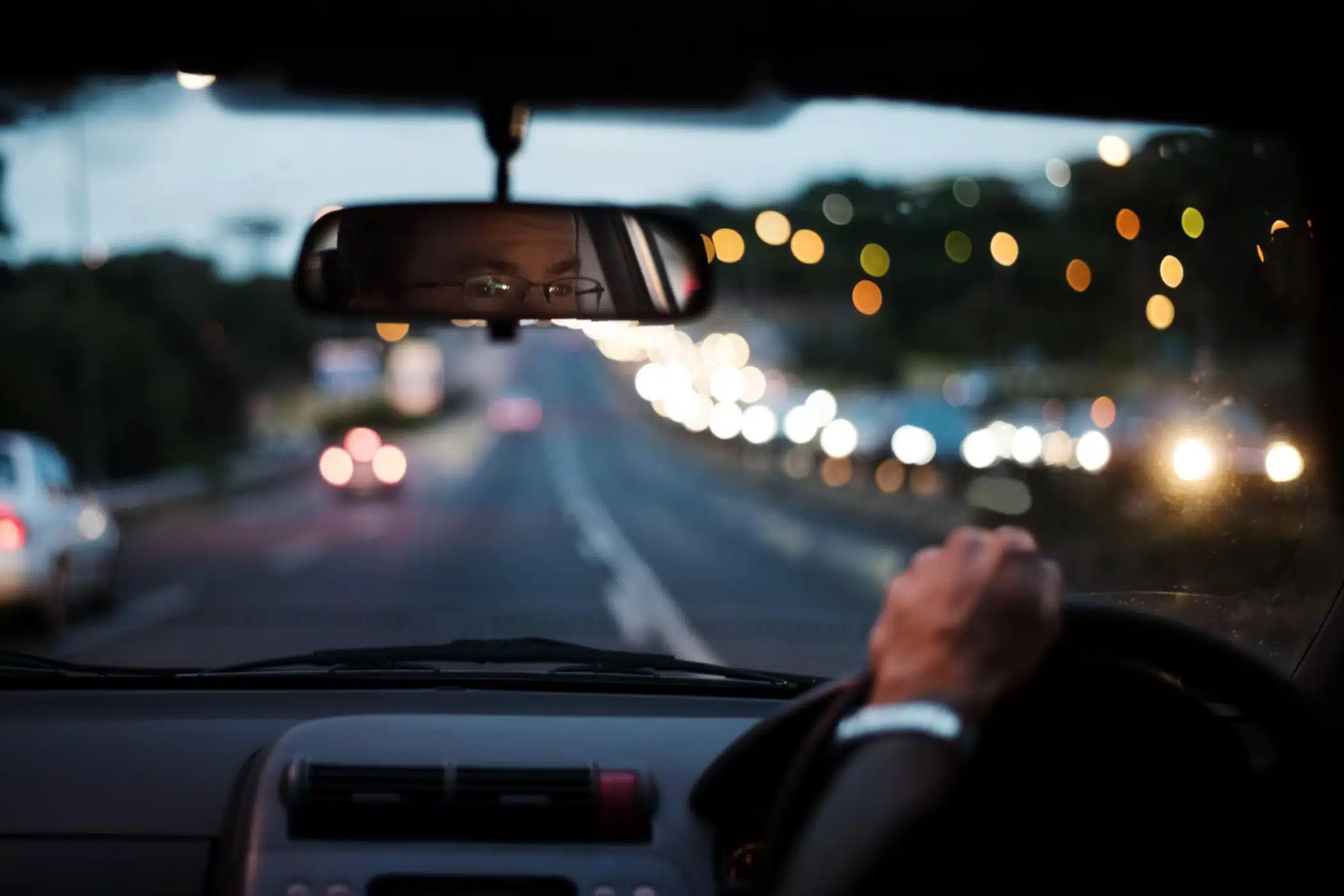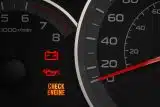How to Stay Safe While Driving at Night
Safety
 Posted by: Boggs 8 months ago
Posted by: Boggs 8 months ago
Even though most people only do around a quarter of their driving during the evening hours, nearly 50% of traffic fatalities occur at night. Driving at night can be dangerous!

But isn’t driving at night similar to daytime driving? Why is there such an increase in accidents? Let’s look at why driving at night poses a significant risk as well as what you can do to keep yourself and others safe during your routine nighttime driving.
Why Is Driving At Night More Dangerous?
Low Visibility
When it’s dark and people are using their headlights to illuminate the road, it becomes a lot more difficult to see. Your surroundings are dark and it’s nearly impossible to see pedestrians or even animals crossing the road if you’re traveling at high speeds. Plus, when other drivers have their headlights on, it can be blinding to drive in opposite directions.
Drowsy Driving
As night falls, the possibility of drowsiness increases. We’re used to sleeping through the night, so feeling tired when it gets dark is far from unusual. However, it can become dangerous to drive when this happens.
Reckless Actions
When driving at night, there are significantly fewer vehicles on the road than during the day. With that being said, people tend to think they can drive faster and make more reckless decisions. Unfortunately, this is quite common. It’s important to keep in mind that the reckless driving of you or someone else can change someone’s life in an instant.
Drunk Drivers
Nearly one-third of all traffic fatalities are due to impaired driving in some capacity. The amount of drunk drivers on the roads skyrockets between the hours of 12-3 am, especially on the weekend. It’s important to be especially alert and careful when driving at these times as these drivers are a hazard to everyone on the road, including themselves.
How To Be Safe When Driving At Night
Although driving at night can be more dangerous than driving during the day, it’s nearly inevitable that you’ll have to drive in the dark at one time or another. With that being said, let’s look at our 5 tips to keep in mind so you can stay safe anytime you’re on the road at night.
Avoid Drowsy Or Impaired Driving
You can’t make alert and conscious decisions when you’re drowsy or impaired, so it’s never a good idea to operate a vehicle in either state. You should never operate a vehicle while under the influence of drugs or alcohol under any circumstance.
But if you begin feeling tired due to the darkness, try chewing a piece of minty gum, playing loud music, or rolling your windows down to increase alertness. If you’re still feeling sleepy, consider finding a place to stop and rest so you can keep yourself and others safe.
Scan The Road And Avoid Distractions
While it’s always important to be alert when driving, it’s especially vital when driving at night. Never use your phone and be sure to keep your eyes on the road at all times.
A good practice at night is to scan the road from left to right. Look for deer, pedestrians, cones, or any other hazard that could be dangerous to you or others.
Clean Your Windows
Since visibility is already low at night, it’s important to keep your windows and mirrors clean so you can clearly see the road.
Use High Beam Lights When Possible
When appropriate, use your high-beam lights. This allows you to see the road and everything in the surrounding area much easier. Remember to turn them off when oncoming traffic approaches.
Slow Down
As mentioned before, it’s easy to want to fly down the road when it’s dark and no one is on the road. This is never a good idea though.
Hazards can come out of nowhere and vehicles can suddenly stop. It’s important to drive slowly enough so you have time to stop if need be.
Stay Safe With Boggs
If you experience a nighttime driving mishap, visit Boggs. Our team is equipped to get your vehicle back into tip-top shape so you can enjoy your evening commute.
Don’t have time to stop in for routine maintenance? Our Boggs Driver pick-up service simplifies routine maintenance, including oil changes and seasonal checks. No appointment is necessary for oil changes. For other services, click below to schedule.
You May Be Interested In:

Understanding The True Cost Of Skipping Routine Vehicle Maintenance
3 months ago by Boggs

What To Do If Your Check Engine Light Comes On
4 months ago by Boggs

How To Choose The Best Tires For Your Driving Habits
5 months ago by Boggs

Top 6 Signs Your Car Needs Immediate Maintenance
5 months ago by Boggs
Need help with your vehicle? Learn how to get help!
Trust Boggs As Your Auto Shop
We have three convenient locations and a vehicle pick-up service!